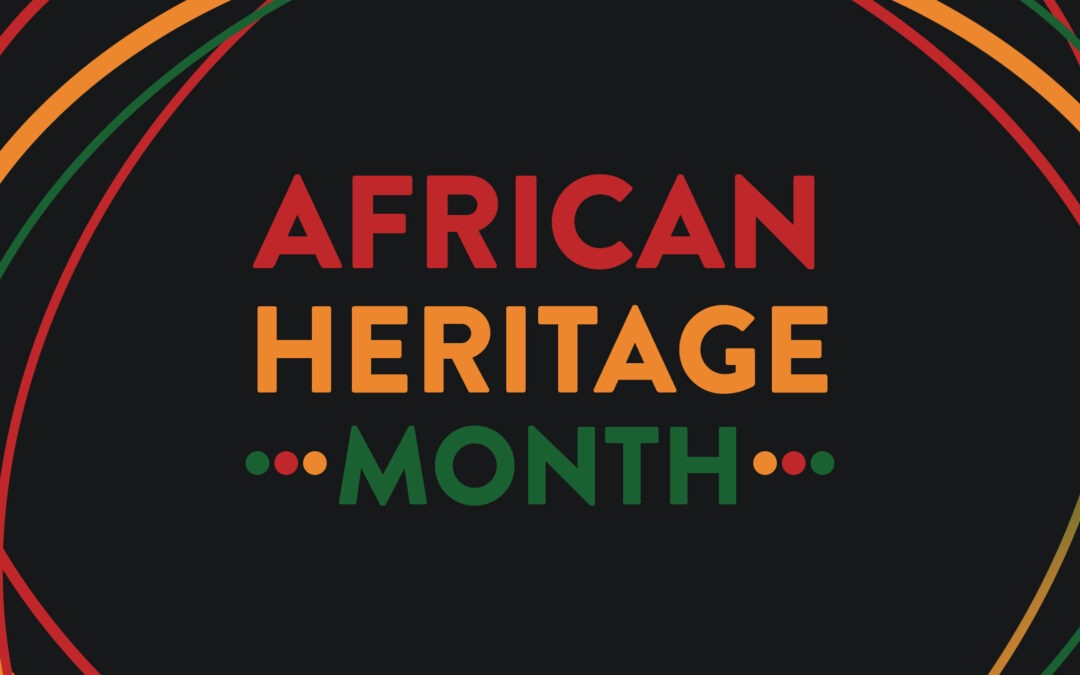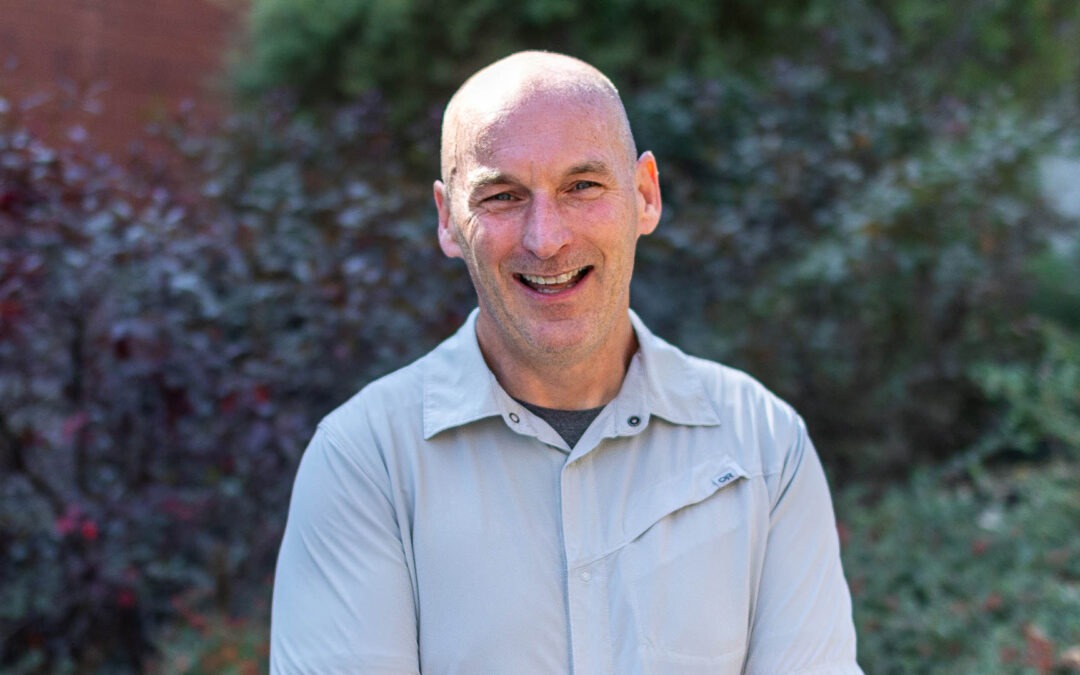Today, in response to the recent discovery of the remains of 215 children at the site of the former Kamloops Residential School, the Indigenous Relations Working Group of the CBAC released a statement calling our churches to a moment of silence and prayer in our services this coming Sunday, June 6th.
The full statement of the Indigenous Relations Working Group, along with recommended reading and resources, is below.
CBAC Executive Minister Dr. Peter Reid added a brief statement, which we have also included below.
Statement on the Kamloops Residential School – CBAC Indigenous Relations Working Group
June 2nd, 2021 | View this as PDF
The recent news of the discovery of a mass grave for Indigenous Children at a Residential School in Kamloops, BC, is a stark and uncomfortable reminder of the very real horrors of a legislated attempt to eradicate Indigenous language and culture from Canadian society. There will no doubt be more such discoveries. How do we respond? In some ways, no words could possibly be adequate, and yet silence and inaction is also an inappropriate response.
The pastors and congregations of the Canadian Baptists of Atlantic Canada have committed to reconciliation. We’ve said the words. We’ve expressed our desire to affirm the United Nations Declaration on the Rights of Indigenous Peoples and to support the implementation of the 94 Calls to Action that came out of the Final Report of the Truth and Reconciliation process (2015). We have figuratively “lowered the flags.” We have felt the sting of shame that comes with the knowledge that our governments, denominations, and ancestors believed that “killing the Indian in the child” was a way to solve the challenges of living together on this land, in peace and friendship. Assimilation seemed like the best – or the easiest – path forward, at least for those who adjudicated such things.
We understand that the current conditions facing many Indigenous people (on “reserve” and off) on Turtle Island are horrid on many levels. We feel frustration when various levels of government commit to a better future, but then fail to bring about significant improvements. It seems that despite our collective desire to “make things right,” the daily lives of Indigenous peoples continue to reflect the partial success of the Indian Act — that is, the Residential School System caused a deep and life-threatening wound in the heart of Indigenous languages, cultures, and worldviews. For decades the Federal Government has provided a sort of basic “life support” system, but perhaps with the assumption that the patient would eventually succumb to their injuries.
Opportunities have always been given for those who want to assimilate or integrate, but we have had no vision for co-existence. We have not honoured the treaty obligation for self-determination, and have consistently failed to practically recognize overlapping sovereignties of land. We celebrate those individuals or communities who are able to thrive despite the challenges we continue to impose on Indigenous peoples of this land we now call Canada. Is this the best we can do?
Many of us have come to understand that Indigenous perspectives and practices may actually help us cope with some of the ravages we’re facing as a result of our (sometimes) reckless over-development of industry and the environmental and mental health costs of a disembodied way of life. So on the one hand, we feel pity for those who have been victimized by the Indian Act in its various guises, but we also recognize the beauty and wisdom in the glimpses we have of the focus in Indigenous cultures on ceremony and the role of elders and traditional leaders in promoting a more integrated and balanced life.
So, as we ponder the challenges and opportunities that can be teased out of the present moment, how can the Indigenous Relations Working Group of the CBAC help to guide us? How can our theology and our faith help us see and understand the past and lead us as we pick our way carefully forward?
This is not a “problem to be solved” by a few policy tweaks here or there or by making more commitments that aren’t kept for one reason or another. We can’t wish the problems away and there are no quick fixes. The issues have very long roots. And if simply dedicating more money was going to help, surely we would have chipped away at problems like lack of potable water on reserves or decent housing by now. Our response — both as individuals and as a denomination — requires more wisdom and patience.
Here are some thoughts:
- James 1:5 says: “If any of you lacks wisdom, you should ask God, who gives generously to all without finding fault, and it will be given to you.”
- The Sermon on the Mount (Matthew 5-7) could help us orient our spirits for the work before us as we seek to respond appropriately to the very uncomfortable truths about our history.
- There is so much for us to learn about that history and there are lots of resources to help us. The IRWG has curated a lot of material and put it in the form of a course: Walking In A Good Way With Our Indigenous Neighbours. Completing the course will take about 20 hours. It’s free and can be done individually and at your own pace or as part of a small group.
This is a time for lament. We mourn the deaths of these children in Tk’emlúps te Secwépem (Kamloops), and we recognize that as Canadians and as Christians, we have helped perpetuate the residential school through our ignorance and inaction.
To that end, we invite you to join other CBAC churches in keeping a moment of silence this week. We, as the Indigenous Relations Working Group, would like to offer a few resources to assist you; please use them as you see fit.
Recommended Reading & Resources
Prayer of Lament by Rev. Maggie McLeod, daughter of a File Hills School Survivor
Prayer of Lament by Rev. Maggie McLeod, daughter of a File Hills School Survivor
O God, we come before you with pain in our hearts as we remember the children of the Indian Residential Schools. We remember how they were plucked up from their homes by a system of arrogance that denied a good way of life. Their tears, their hunger, their loneliness and their fear is not forgotten. The shame that was taught, lingers yet. The pain that was inflicted on their bodies remains.
We remember the parents, the aunties; the uncles; the grandmas and grandpas left to grieve the empty places in their home and their communities. Mothers were left with tear stained aprons; fathers suffered in unyielding silence; How was it they were expected to carry on, having lost their joy, their purpose? And how was it that their community could continue to come together to celebrate life and move together toward a bright future, when their future is gone?
How long will it take to strengthen family, homes, and spirits? How long will it take to heal the memories? Who must we be, and what must we do to restore integrity and dignity to your world?
God of all great transformation, in our lament we cry out to you.
God of all healing power, in our pain we call your name.
God of all life, in our hope we come before you in humble prayer.
We pray that all your children may once again sing and dance the songs planted in their hearts since time immemorial. We pray that in their play and in their learning they be strengthened in wisdom and truth. May they carry the knowledge of their ancestors – those ways of life that brought abundance and joy to this pilgrimage on earth.
We pray for the children’s health and wholeness; may they reconnect with your unending love that they may once again know who they are; their giftedness; and their value. We remember those children who have found their home in you. We acknowledge those who left this earth having heard no words of apology or lament. We are grateful that you hold these ones close. May they find in you the peace and rest that eluded them on this earth.
We pray for parents and extended family, too. Release them from their feeling of guilt and burden. Help them to express their grief. May their homes once again ring out with laughter and hope. May communities reflect the joy of family life once again. May young and old come together to work toward reclaiming and renewing minds, bodies, emotions and spirits.
And finally, we pray that one day this world, your world, will be a place where children are no longer harmed and will never again be removed from a mother’s embrace, or a father’s helping hand.
We pray in the name of Jesus, your Son, who showed us a way to your Kingdom come on earth. All my relations, Amen.
Adapted from the work of Maggie McLeod, in Canadian Ecumenical Anti-Racism Network’s Mamow-Be-Mo-TayTah: Let us Walk Together (Toronto, ON: Canadian Council of Churches Press, 2009), 107-109.
Untitled Poem by Dr. Cheryl Bear (Shared on Facebook, May 31st, 2021)
Untitled Poem by Dr. Cheryl Bear, Award-Winning Singer-Songwriter, Formerly with Canadian Baptist Ministries, Founding member of NAIITS: An Indigenous Learning Community, member of Nadleh Whut’en First Nation
take your time
take days
sit with the grief
of these
daunting days
sit with her
and let her weep
let her crawl
into bed
way too early
and out of bed
way too late
let her cancel
all the
shopping trips
all the plans
and just sit
with her
stroke her hair
and tell her,
reassure her
that things
will get, no
are
getting better
even if they
are only won
in court battles
or through shaming
the government
into action
(shame, shame on them)
all of this work
was not in vain
every lecture
every slide
every chart
exposed the truth
and now
everyone can see
it took all of us
to get here,
to heal
to change
now it will take
all of us
again
to get there
to heal
to change
so our grandbabies
can truly be free
and can have
better days
and lives
and deaths
… words spoken on a tear soaked day, still reeling from the news and praying for our courageous and powerful Elders, our Residential School Survivors – for my late mom, my Aunties and Uncles, grandparents, for all our relations.
A pronunciation guide for Tk'emlúps te Secwépem, the Indigenous community nearest to the school
Personal Reflection by Dr. Danny Zacharias (Shared on Facebook, May 31st, 2021)
Personal Reflection by Dr. Danny Zacharias, Associate Professor of New Testament Studies, Acadia Divinity College; Liaison to NAIITS: An Indigenous Learning Community; and member of CBAC Indigenous Relations Working Group
I have mentally been a little numb since the end of last week when I learned about the mass grave at the Kamloops residential school, and went about my weekend as I usually do. But this morning I woke up and reality came smashing in. Here are some rambling thoughts, feeble and inadequate as they are. They were helpful for me to get out of my mind and on to paper, perhaps they’ll be medicine for you as well.
They were taught about Jesus feeding the 5,000, then they were fed rotting food and oatmeal mixed with sawdust
The priests lived celibate to “be like Jesus”, then raped little boys and girls
They taught about how Jesus healed and made people whole, and then beat the children
They were taught about Pentecost and how the Holy Spirit enabled the church to speak in many languages, and then they were punished for speaking their native language
They were taught Jesus’ teaching to love God and love your neighbour.
Why weren’t these children treated as neighbours?
Willfully blind to their own hypocrisy, the church wed themselves to the state as agents of assimilation. As they preached “justification by faith,” they lived out a justification for colonization.
As an Indigenous follower of Jesus, I cling to the Christ even as I rage against his followers and institutions that claim his name, past and present, who commit acts and atrocities utterly foreign to his teachings. If you claim to follow a homeless man yet glory in a society that makes the wealthy even wealthier — you are a hypocrite. If you claim to follow a brown-skinned man yet discriminate against coloured people — you are a hypocrite. If you say you follow the one who said to love your enemy and yet embrace war and violence — you are a hypocrite. If you claim to worship the one who himself had to flee his homeland for his own safety and yet you dislike immigrants — you are a hypocrite. And yes, we are all hypocrites to some degree. But Jesus spared no judgment against religious hypocrites of his day, those who said one thing and did another, in the name of God.
How could people who claim to follow and worship a brown-skinned Indigenous man at the same time try to kill the Indian in the child.
Kill the Indian in the child.
Kill the Indian child.
Had Jesus been born in Canada, he would have been rounded up too. For these 215 children, representative of many more whose names we do not know, this school was a death camp. A place of pain. A place of abuse, sadness, hunger, and loneliness. A ministry of the church.
Everyone I know, regardless of their ethnicity, is appalled by this story, and they should be. But I remind myself of this, and you should remind yourself too: this is another of many waves that have crashed upon Indigenous peoples of Canada, and there will be more to come. My heartbreak and your heartbreak is something that has been felt and continues to be felt for multiple generations of First Nations people. This is not ancient history, but living reality.
Finally, if you’re a canadian Roman Catholic who went to mass, did you reflect just on the body of Jesus?
Or did your mind also go to the mass grave, and cause you to reflect on the bodies of the 215?
And no, I am not being anti-catholic, as I believe every Christian church in Canada must properly reconcile to our shared history and current living realities, but the Kamloops residential school was run by the Roman Catholic Church. A church whose leader has still not apologized, despite the request directly from First Nations. And despite the fact that some Indigenous peoples continue to identify as catholic.
CBAC Executive Minister Shares Statement In Response to Kamloops Residential School
June 2nd, 2021 | View this as PDF
As a group of Christian Churches, we are shocked, saddened and dismayed at the recent discovery of the remains of 215 Indigenous children at a residential school in Kamloops, British Columbia. The legacy of genocide against Indigenous people in Canada is horrendous and evil. Knowing that many of the atrocities of the Residential Schools were committed by people claiming the name of Jesus, we should be stirred to repentance and to ask forgiveness from the First Nations people of this land.
Moreover, we can and we must go beyond this—we must become allies who call upon both the Federal and Provincial Governments to act now to afford some dignity to so many discarded lives and some recognition to their families and communities in the midst of their grief. We ask that you contact your MLA and Member of Parliament and demand action to immediately implement items 71-76 of the Truth and Reconciliation Commission Calls to Action, under the section titled “Missing Children and Burial Information.”
While we realize this is primarily the responsibility of the Federal Government, we look to the Provincial government to do what it can to join in this immediate action.
May God help us and give us courage to stand in solidarity with our Indigenous neighbors who continue to suffer such indignity. May His people be active in prayer and in deed to be a part of reconciliation.
Rev. Dr. Peter Reid
Executive Minister, Canadian Baptists of Atlantic Canada
Further Resources
Walking In a Good Way With Indigenous Neighbours (Online Course)
https://courses.baptist-atlantic.ca
TRC Calls to Action, “Missing Children and Burial Information”
https://www.rcaanc-cirnac.gc.ca/eng/1524504992259/1557512149981




